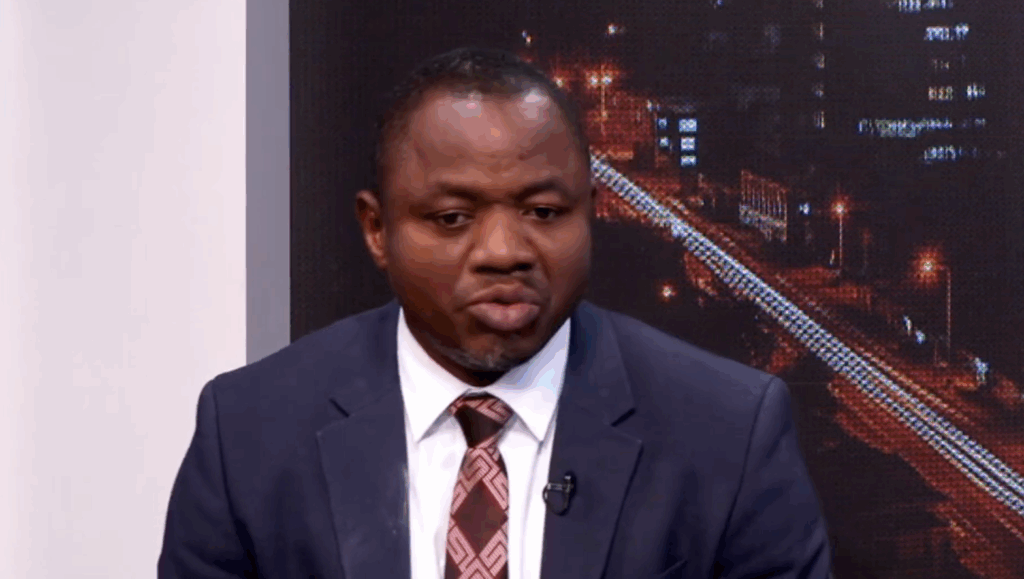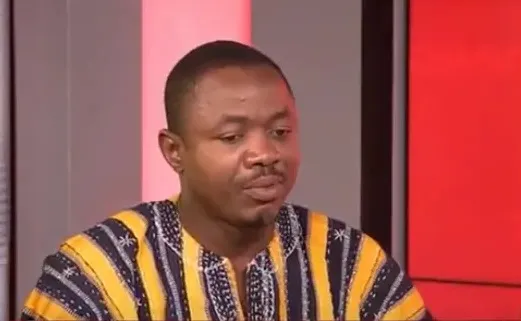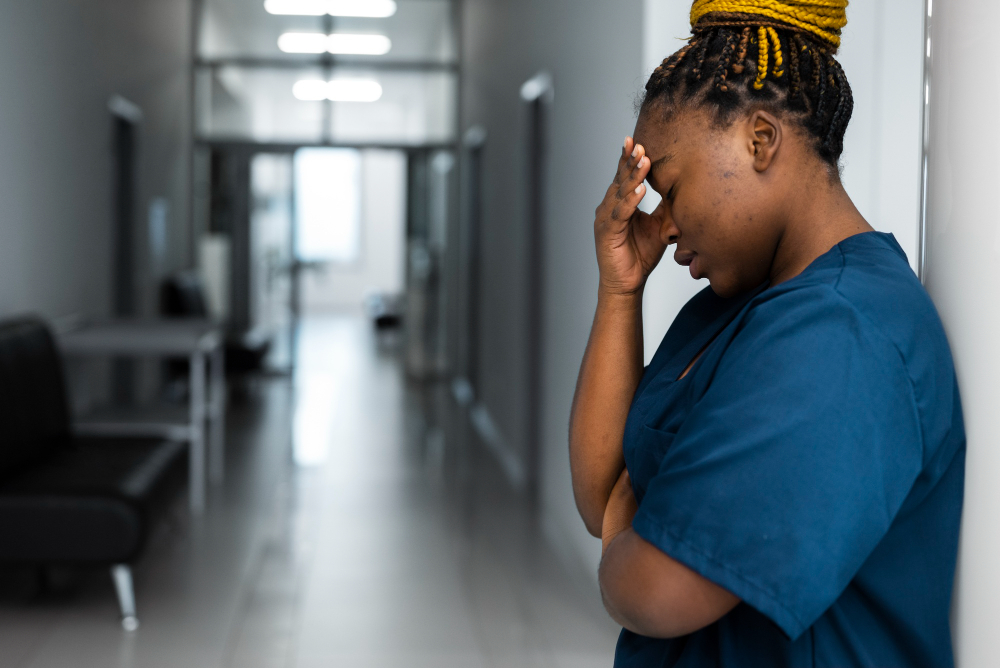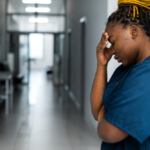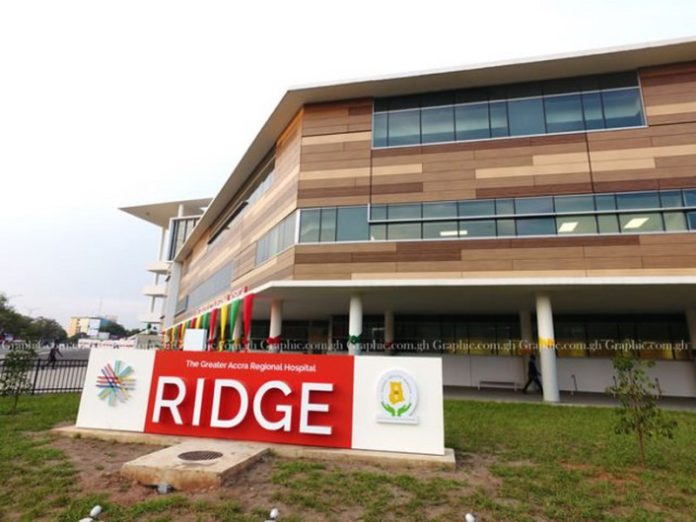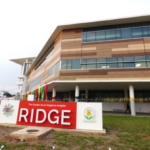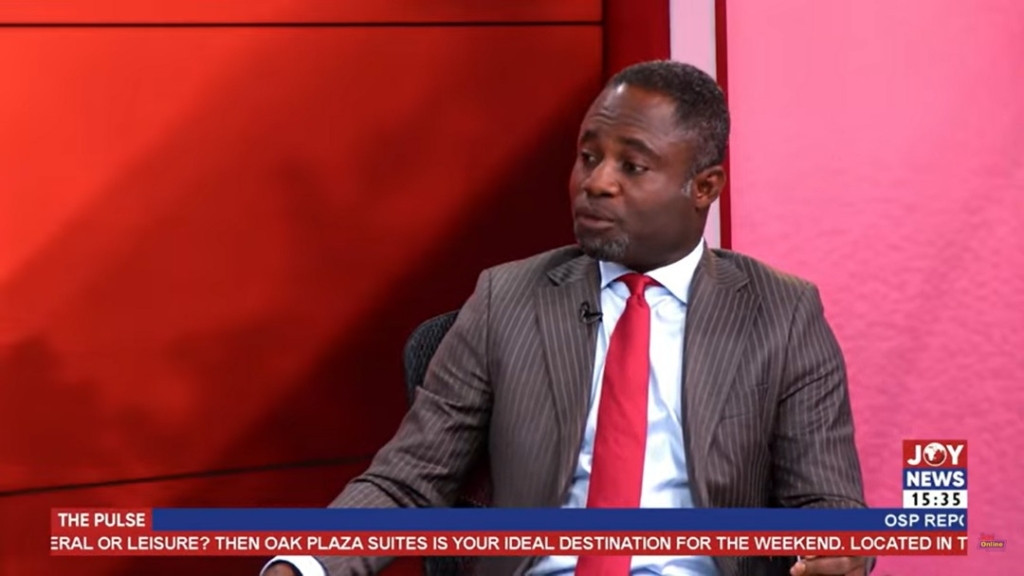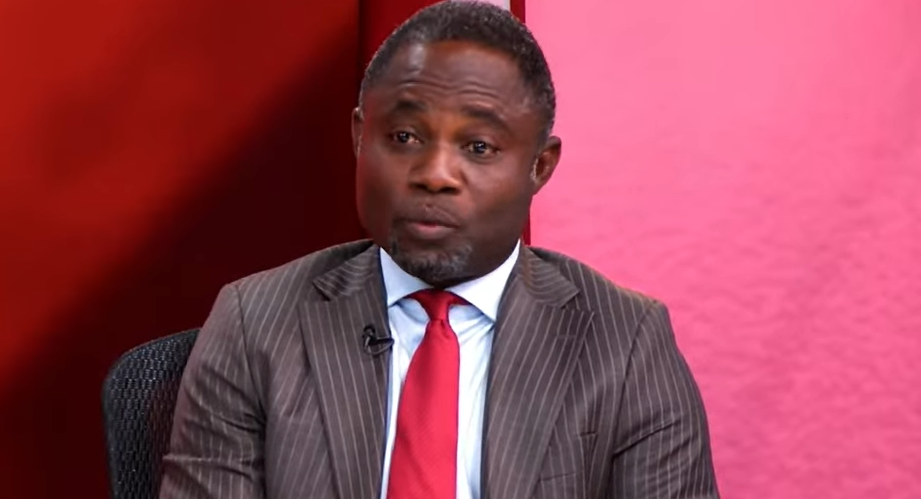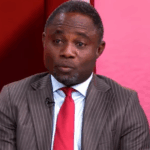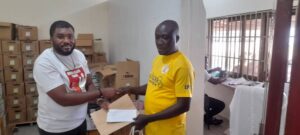Assaulting health workers cannot replace justice – Prof Beyuo warns
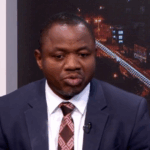
Member of Parliament’s Health Committee Prof. Titus Beyuo has cautioned against dismissing formal complaint mechanisms in the health sector following the recent assault on nurses and other staff at the Greater Accra Regional Hospital.
Speaking on JoyNews’ PM Express on Wednesday, August 20, the medical doctor insisted that disciplinary systems do work and should not be undermined.
“Have you not seen people sued and being asked to pay millions of cedis in this country? Have you not seen people feel that they are scared the hospitals didn’t meet the standard and they took the case to court, and won.
“We have doctors who have been suspended for practice. I have served on a professional and disciplinary committee of one of the regulatory authorities and we’ve struck the licenses of registered practitioners for not meeting the standard.”
He rejected claims that patients or their families have no avenue for redress when aggrieved by the conduct of health professionals.
“So we shouldn’t dare say that, ‘Oh, because I feel that the system will not respond promptly if I make a complaint, then I should take the law into my own hands’. Then where will we get to in this country?
“If you feel your teachers have not taught your kids well, you go to the school and beat them, or you feel the police is not handling your case well, justice is delaying. You go to their workplace and beat them. Is that what we are saying?”
Prof. Beyuo condemned the Ridge Hospital assault, describing it as unacceptable.
“And in the hospital, where other people are lying down in pain, perhaps exposed, and we don’t even allow other relatives to come in, you go live and it’s acceptable, no. So I think that there are redress mechanisms.”
He recalled how serious complaints in the past had been thoroughly investigated.
“As I said, I don’t know the full details, but look, when that 70-something-year-old man died for lack of no bed, a thorough investigation was done. We looked at triaging that was done at every level.
“If it was triage orange, what did you do? It was triage to red, what did you do? If it was triage green, what did it mean? The time to respond and all that. There are international standards for all of this.”
He urged the public to pursue legal and regulatory channels instead of resorting to violence.
“So test the law. And that’s the only way we can get all our practitioners to be on their toes. They can be sued. You can petition their regulators, who can discipline them.
“People can cease to practice as nurses, as doctors, as pharmacists, for not meeting the standard. That is the direction we should be going to. It should not give anybody the opportunity to walk into a hospital and beat doctors and nurses.”


